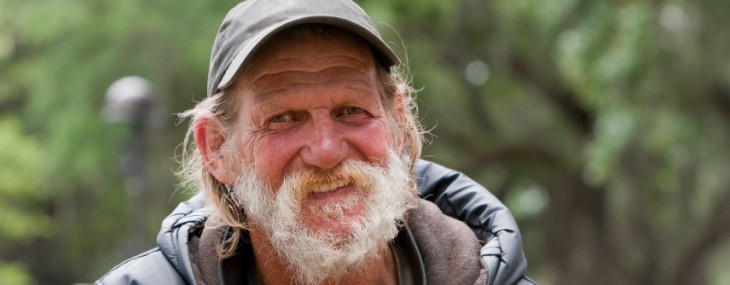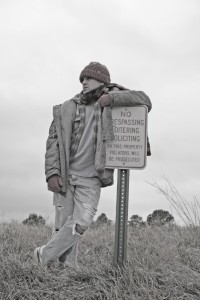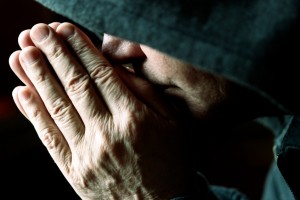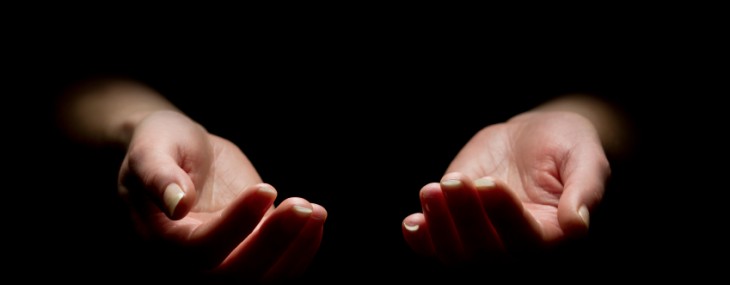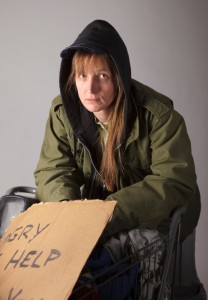 I have a weakness for Cheetos. I admit it. I think about them in the grocery aisle. Sometimes I hide them in my pantry when others come snacking. I notice if anyone’s eaten more than his or her fair share. I’m a Cheetos aficionado, but it’s not a dangerous obsession. Yet.
I have a weakness for Cheetos. I admit it. I think about them in the grocery aisle. Sometimes I hide them in my pantry when others come snacking. I notice if anyone’s eaten more than his or her fair share. I’m a Cheetos aficionado, but it’s not a dangerous obsession. Yet.
Far more perilous are the mindsets that remain hidden and “run” my life. What’s insidious about these deeply held ideas is that they’re good things—things woven into the fabric of what it means to follow Jesus. It sounds like this…
“Do all the good you can…by all the means you can…in all the ways you can…in all the places you can…to all the people you can…as long as ever you can.” —John Wesley
I embraced that sort of mantra down to the core of my being—even as a young girl— because it seemed good and right and true. But application is everything.
 Just a few days ago, I realized that the only Beatles song I ever purchased was Eleanor Rigby. It struck me. What a sad song, about sad people, living sad lives.
Just a few days ago, I realized that the only Beatles song I ever purchased was Eleanor Rigby. It struck me. What a sad song, about sad people, living sad lives.
“All the lonely people, where do they all come from?
All the lonely people, where do they all belong?”
I cared. I worried. I tried to help and serve the marginalized, the rejected, the lonely, the troubled ones, the brokenhearted, the welfare mom, the elderly, the homeless, the kid in my high school who was persecuted for being a narc.
 I can remember weeping at frat parties in college because so many kids were destroying themselves with alcohol, drugs and promiscuity. Crazy I know. Who does that? This acute awareness of others felt like wearing high-definition glasses. I saw too much.
I can remember weeping at frat parties in college because so many kids were destroying themselves with alcohol, drugs and promiscuity. Crazy I know. Who does that? This acute awareness of others felt like wearing high-definition glasses. I saw too much.
 Over the years, my “do-all-you-can” thinking was reinforced through Scripture, preaching, books, and even trusted people I admired. The title of Oswald Chambers’ devotional, My Utmost For His Highest, just about summed it up.
Over the years, my “do-all-you-can” thinking was reinforced through Scripture, preaching, books, and even trusted people I admired. The title of Oswald Chambers’ devotional, My Utmost For His Highest, just about summed it up.
The enemy is treacherous, because he will take good things and make them more important than God, while convincing you that it’s all for God.
So The One who loves me had to paint a dramatic picture of what was happening to me. Continue reading

